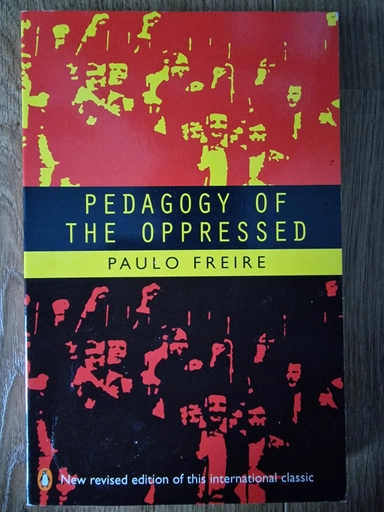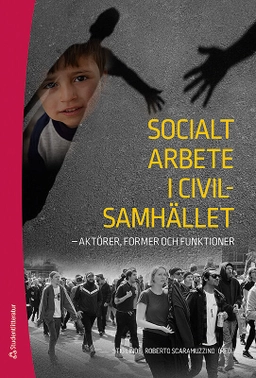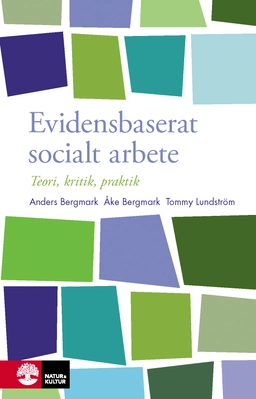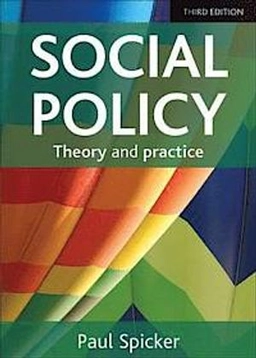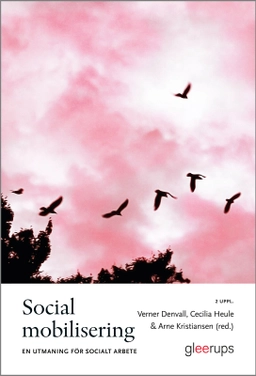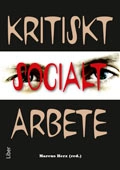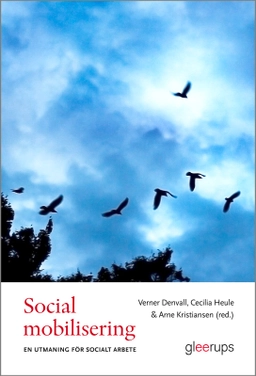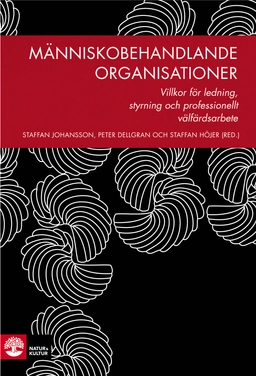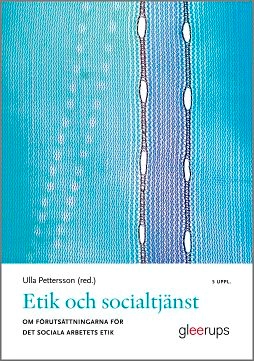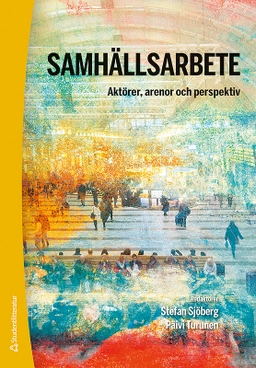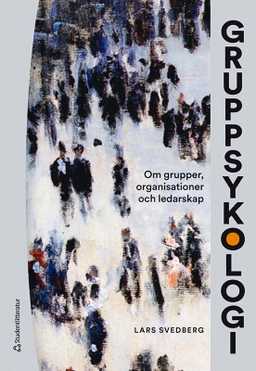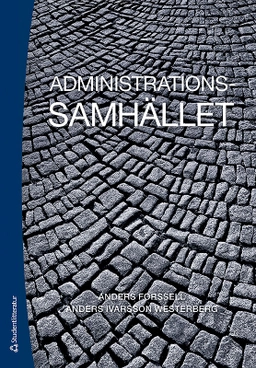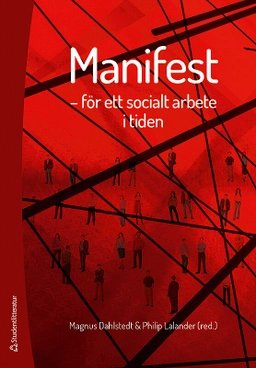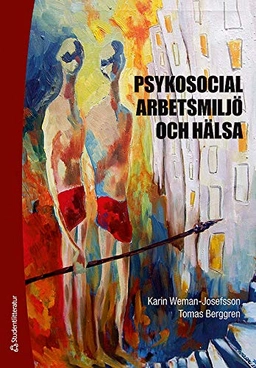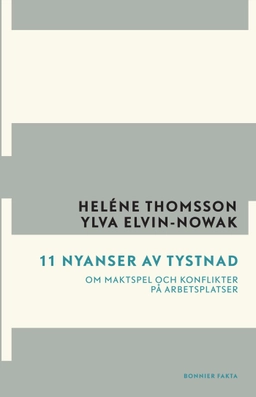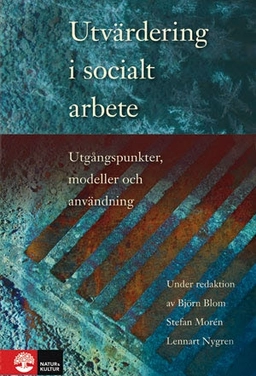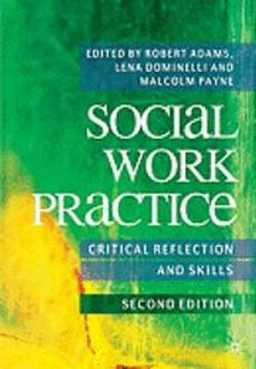In the course of his work and travels in the Third World and as a result of his studies in the philosophy of education, the author of this book evolved a theory for the education of illiterates, especially adults, based on the conviction that every human being, no matter how "ignorant" or submerged in the "culture of silence," is capable of looking critically at his world in a dialogical encounter with others, and that provided with the proper tools for such an encounter, he can gradually perceive his personal and social reality and deal critically with it. As the illiterate learns and is able to make such statements, his world becomes radically transformed, and he is no longer willing to be a mere object responding to changes around him. He is more likely to decide to take upon himself, with his fellow men, the struggle to change the structures of society that until now have served to oppress him. In the preface, the author stresses that: "The pedagogy of the oppressed ... is a task for radicals; it cannot be carried out by sectarians." The book itself discusses a justification for a pedagogy of the oppressed, criticizes the "banking" concept of education as an instrument of oppression, describes the essence of education as the practice of freedom, and puts forth a theory of cultural action.
Åtkomstkoder och digitalt tilläggsmaterial garanteras inte med begagnade böcker
